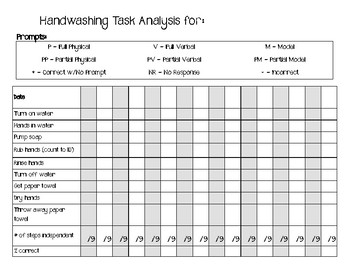


Not all data analysts need to know how to code. Pick Up an Essential Programming Language (or All) In fact, companies often hire candidates who have completed an online course in data analytics, or a data analytics bootcamp, or can demonstrate the requisite technical knowledge and skills. However, you don’t necessarily need a formal degree to become a data analyst. Because of this, many employers look for candidates with bachelor’s degrees in mathematics, statistics, computer science, or a related field. Meet the Educational Requirementsĭata analysts spend a lot of time working with numbers. You want to make sure you understand the key principles of data analytics, the different types of data analysis, and the tools that data analysts use. The first step of your journey is making sure you have a firm grasp of the fundamentals. Polish Your Resume, Prep for Interviews, and Start Applying Pursue Volunteer, Open-Source, or Freelance Projects To Build Your Portfolio Additionally, because of continuing advancements in the field, data analysis is a career path that requires ongoing education. Is It Hard To Become a Data Analyst?īecoming a data analyst isn’t hard per se, though it does require certain technical skills that might be more challenging for some than others.

In this guide, we are going to cover everything you need to know to become a successful data analyst, including where to start, the specific steps you need to take, and the relevant skills you should learn along the way. In fact, according to the US Bureau of Labor Statistics, employment of data analysts is projected to jump 25% by the year 2030, meaning data analytics has one of the highest growth rates in the country.īut how do you become a data analyst? What kind of experience and educational background do you need? And what are some of the common skills data analysts possess?

Right now, the demand for data analysts has never been higher.


 0 kommentar(er)
0 kommentar(er)
